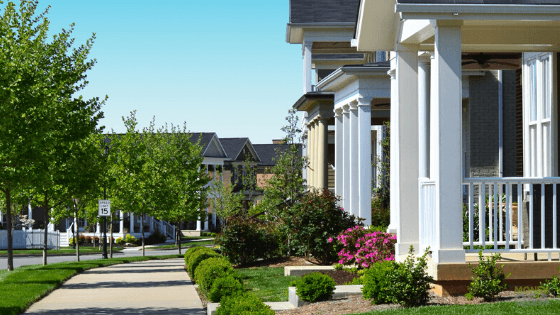Most insurance companies offer basic home insurance. But not everyone knows what this insurance package covers.
So it’s only normal to ask, “What does basic home insurance cover?”
To save you the stress of combing through a myriad of information, we’ve put together a comprehensive answer to the question.
So, let’s get to it!
What Does Basic Home Insurance Cover?

Basic home insurance covers fire, explosion and implosion, theft, natural disaster, water leaks, smoke damage, and more that affect the house and its contents.
Fire damage constitutes most of the frequent claims, and it’s the only mandatory coverage for all real estate.
It’s important to check the exact coverages you’ll be getting on your insurance plan. You don’t want to assume anything! Shopping for the best rates is also important. You can use assurance home insurance to shop and compare home insurance quotes.
Home Insurance Main Coverage
Fire, Explosion, and Lightning Strikes
This coverage includes material damages and expenses caused by demolition and debris removal.
This coverage usually includes damages caused by smoke or damages due to actions by the police or firefighters.
It also includes electrical damages due to overvoltage or induction due to a lightning strike.
In addition, it covers damages caused by the sudden and violent pressure or depression of gas or vapors at high temperatures.
Natural Disasters
Home damage caused by rain, hail, wind, or flood.
This coverage includes flooding due to rain. It’s better to review the conditions of your policy because some companies cover them, and others exclude them depending on the intensity of the rains. If the flood occurs due to an extraordinary situation, you’d most likely get insurance compensation.
If your policy contemplates flooding due to rain, then the mud extraction resulting from said floods would also be included.
Typically, in the cases of hail and snow, there are usually no quantity limitations.
With the wind, the intensity necessary to activate the coverage is also usually contemplated. For example, if the wind ripped off an awning, the company could establish that gusts of 75 kilometers per hour are necessary.
In the case of atmospheric phenomena, it’s essential to go to the general and particular conditions of the policy.
Water Damage
Damage caused by leaks, breakages, blockages, leaks from adjoining homes, and failure to close taps.
As a general rule, this coverage includes the costs of locating and repairing the pipe. If these water damages affect the house items, which aren’t insured, your insurance will only cover the repair, not the replacement of the damaged items.
Acts of Vandalism
This coverage usually refers to damages that third parties may cause. Malicious damage to the house or the home’s contents is considered an act of vandalism.
Some policies include damage caused by strikes, demonstrations, etc., provided they aren’t classified as riots or widespread unrest.
Robbery and Larceny
This coverage depends on the type of policy and may include damage caused by a robbery at home. Expenses like repair or replacement of the lock or losses like goods that have been stolen resulting from such incidents are covered.
Electrical Damage
This includes damages that may occur in the installations or items in the house resulting from increases or decreases in voltage and/or short circuits.
For example, damage to your electrical appliances (refrigerator, ceramic hob, oven, television, etc.) and even the refrigerator contents got bad.
Damage to glass, panes, mirrors, doors, windows, and skylights that are part of the home are covered.
This coverage also covers furniture, countertops, shelves, etc., made of materials such as methacrylate, marble, stone, or the like.
Ceramic hobs and induction hobs are also covered.
Civil Liability
Civil liability covers damage caused to third parties. For example, your washing machine breaks down, and you cause a leak to the neighbor. The civil liability of your insurance will be in charge of covering that loss.
Civil liability covers material damage, personal injury, and even legal defense.
What Does Basic Home Insurance Not Cover?
It’ll depend on the insurance company. But the damage caused by smoking accidents, pipe blocking, lack of maintenance, and the like isn’t usually covered.
Also, home insurance doesn’t usually include extended coverage such as appliance repair, “handyman” service or home assistance, and computer assistance. You also need to be careful about accidents that occur in your home.
What Home Insurance Coverages Are the Most Used?
The most widely used home insurance coverage is water damage. It’s common for a pipe to break, for a neighbor to leave a tap open, or for one of our appliances to break down and have a water leak causing damage.
The second most used coverage is damage to glass, sanitary ware, or ceramic hobs. This is followed by electrical damage, home assistance, or theft.
Knowing what home insurance covers isn’t mandatory. But it is advisable since we can have our home and peace of mind insured for a small investment.
